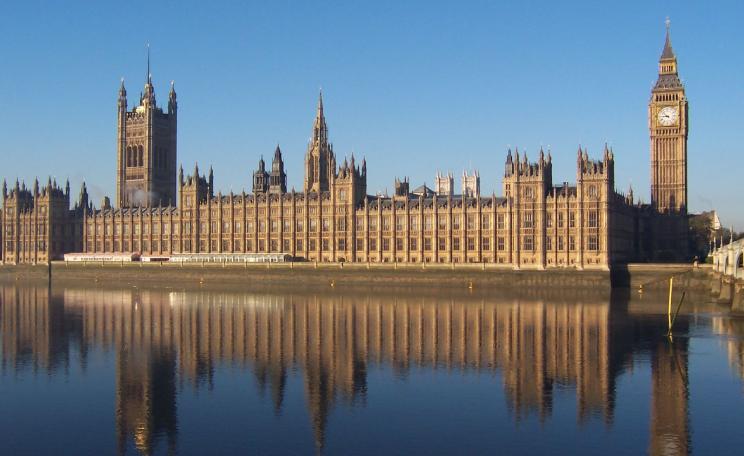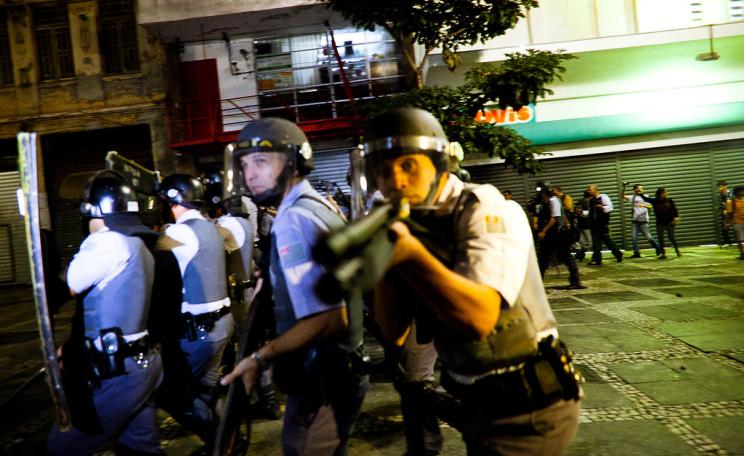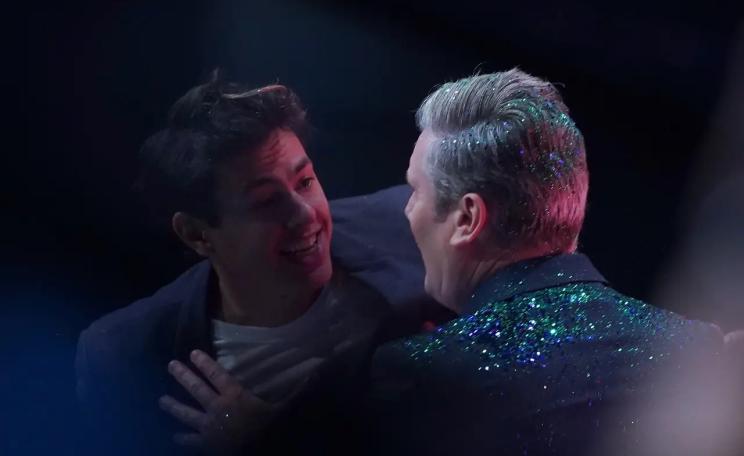Do you trust politicians to decide on the biggest challenges in your life?
We know how much needs to be done. Our relationship with carbon and nature is the bedrock of our world, but it is a relationship of abuse, addled with addiction to extraction and lecherous endless growth.
There are answers, ways of connecting which centre the heart, but for decades we’ve seen a pattern of behaviour; one of denial, of cheap words and loath action.
This article is reposted from June 2023 in light of today's events.
This article has been published through the Ecologist Writers' Fund. We ask readers for donations to pay some authors £200 for their work. Please make a donation now. You can learn more about the fund, and make an application, on our website.
The work we need to do is just beyond our fingertips, yet we lack the will to reach. The markets won’t move themselves, nor the bankers and executives behind them. This relationship requires intervention. The potential is there, we need to find a way to activate it.
Radical
So this is the question we’re interested in: how do we achieve change? In Extinction Rebellion’s strategy team, we asked ourselves: how is the landscape different compared to 2019? Where do we sit within this new ecology of movements?
A powerful and gifted radical flank flourishes on one side of us, while an alliance of NGOs uniting behind a citizens’ assembly — the People’s Plan for Nature — emerges on the other.
Two essential pieces of XR’s identity: nonviolent direct action and deliberative democracy, on opposite ends of the spectrum of environmental activism, both connected to us.
We went back to the research that underpinned our core theory of change: a model of society built up of pillars which can defect to break free of the institutional norm, to express support for activist causes and join in a united call.
We recognised our place in the mix as the part which sparks sustained mass protest – with the power to trigger dormant support.
Challenges
So in April this year, XR brought together an alliance of over 200 organisations to the largest assembly of people for the sake of nature in Westminster’s history.
Do you trust politicians to decide on the biggest challenges in your life?
We were outside Parliament for four days, citizens from all across society: union members, civil servants, NHS workers, church leaders, and environmental activists from all sides of the spectrum.
As the public, we were there to demand an end to the fossil fuel era and change decided by us, not for us: emergency citizens’ assemblies to lead the government to act on the most urgent issues in society today. Do you trust politicians to decide on the biggest challenges in your life?
Why should you have to, when we can update politics entirely, in a way which puts the people at the heart. Citizens’ Assemblies — and a House of Citizens — can create a mandate to which the government must be accountable.
Here we will find the will we need to fix our relationship with the natural world.
Power
With scientific guidance, we can choose to reshape our modern society. We can choose to accelerate the transition to renewables and leave the carbon in the ground.
We can reignite our connection to nature, we can redefine how we assign economic value, we can cancel debt and restore global justice. We can make amends for our colonial and industrial histories.
We can lead the powers that be to act meaningfully. People are always way ahead of politicians.
But how do we get there? For us, it’s as clear as day. You build an alliance that can’t be ignored, then you go to the centre of power and refuse to leave. In that order.
Even if you don’t succeed, you win. Recent research published from Oxford University looked at how public sentiment was affected by XR’s Rebellions in 2019.
It found sustained mass protest had a more profound positive impact on people’s will for political action on the crisis than anything else analysed – and that included extreme weather events, scientific reports, the economy, news stories, political announcements, global summits, nature documentaries and NGO activity!
Comitted
As we discovered last April, the good is self-evident when we bring people together in collective action. The press hardly noticed, but we weren’t optimising for press, we were working to enrich the ecosystem of environmental groups, in a way we all dearly needed.
We held space for many causes, beyond climate and nature, because we recognise all our struggles stem from this broken political system, which we can change.
So that’s the movement strategy: to return to our homes across the country and work to bring people together in the face of this crisis.
To build on our new alliance, and develop stronger roots to our communities.
To hold people’s assemblies to connect local issues to this emergency and to assemble people together in protest, whether that’s showing solidarity with striking workers or collaborating across the whole ecology of movements. This is the work.
And all the while, we will prepare the way for a moment, sometime soon, when we are ready to return to Westminster stronger, broader and more committed than ever before, to change how everything works. Together, we’ll be impossible to ignore.
This Author
Yaz Ashmawi is a member of the XR strategy team. This article has been published through the Ecologist Writers' Fund. We ask readers for donations to pay some authors £200 for their work. Please make a donation now. You can learn more about the fund, and make an application, on our website.





